In a recent press release, Prometheus Materials, a zero-carbon building materials startup based in Boulder Colorado, announced on the 6th of June that it closed its $8 million Series A financing round. The round was led by Sofinnova Partners, a European life sciences venture capital firm, with participation by the Microsoft Climate Innovation Fund, Skidmore, Owings & Merrill (SOM), GAF, and The Autodesk Foundation.
To echo previous articles on Ecohome about the comparative impact of concrete, wood and steel on a structure's carbon footprint, “To prevent catastrophic climate change, we cannot simply replace fossil fuels with renewable forms of energy – we must also decarbonize the way we create building materials,” said Loren Burnett, Co-Founder, President and CEO of Prometheus Materials. “By using biological rather than chemical means to create a strong, durable binding agent for aggregate, we can now offer a zero-carbon alternative to carbon-intensive portland cement. Our bio-cement (and the BioConcrete that can be produced) will transform architecture as we know it, by providing the construction industry with a new decarbonized building material that has environmental and mechanical properties that mirror or exceed the capabilities of concrete, wood, steel, and glass.”
We have previously brought news about innovative alternative reduced carbon concrete solutions including carbon negative CMU blocks produced in Quebec for the north east of Canada and the US, but the new zero-carbon concrete alternative solutions that Prometheus has developed are also interesting as they are radically different and imitate nature's own way of building being bio-based.

Historically the suitability of concrete as a construction material was first recognized by the Romans, with many significant structures constructed with early concrete including the Colosseum in Rome and the Pantheon - both dating back around 2000 years! No surprise then that concrete is the second-most-used substance in the world after water, and is the most widely used building material. Or that the cement in concrete accounts for at least 8% of total global emissions caused by humans each year - which is a problem the construction industry is racing to solve.
Why is this fundraising for Prometheus Materials zero-carbon BioConcrete significant?
Prometheus Materials will use the funding to commercially manufacture zero-carbon concrete masonry units at its production facility in Longmont, Colorado. The products will be marketed to architects, engineers, property and facility developers, and others in the construction industry as an affordable, strong, and durable zero-carbon alternative to portland cement-based concrete masonry units (commonly known as concrete blocks or CMU). Pilot projects using Prometheus Materials carbon zero CMU masonry unit blocks are currently underway. They may well need additional funding in the future, but I compared their first funding raise of $8m USD to Canadian CarbiCrete’s total funding to date of $40 million CAD to get their alternative carbon-negative CMU into production.
Over the next two years, Prometheus will use its Series A funding to begin commercial production of other zero-carbon building products, including:
- Precast biocomposite elements, a decarbonized alternative to traditional precast portland cement-based roofing tiles, wall panels, sound barriers, and other concrete elements.
- Ready-mix biocomposite, a decarbonized alternative to traditional portland cement-based ready-mix concrete.
This is the part that caught my eye, with 30 years construction experience behind me, I've used my fair share of planet-destroying high carbon concrete, so the thought that there are alternative products on their way to market to compete with traditional high carbon producing portland cement ready mix concrete and even carbon reduced cement based ready mix concrete is exciting. Especially the part that it is effectively bio-cement, produced by naturally occuring algae, which I'm going to compare to how seashells and coral are formed (though I'm sure it's a little more complicated)!

blocks and President CEO Co-founder Loren Burnett
What is different about Prometheus Materials zero-carbon concrete alternative?
From their press release: Developed under a Department of Defense grant by a team of scientists and engineers at the University of Colorado Boulder, Prometheus Materials’ zero-carbon building products are manufactured using naturally occurring microalgae. Using a patent-pending photosynthetic biocementation process, Prometheus Materials combines microalgae with water, sunlight, and CO2 to create a bio-concrete similar to the material that coral uses to build reefs and oysters use to generate their shells.
When mixed with aggregate, this bio-cement creates a zero-carbon BioConcrete building material with mechanical, physical, and thermal properties comparable or superior to portland cement-based concrete.
This new material circumvents the carbon-intensive processes involved in the production and transportation of the 4 billion tons of portland cement made each year; processes that are responsible for 8% of the world’s total annual CO2 emissions, according to a report from Chatham House. This, along with the product’s ability to sequester carbon during the production process, results in a reduction of approximately 90% of embodied carbon compared to existing portland-cement based concrete products.

“Coral reefs, shells, and even the limestone we use to produce cement today show us that nature has already figured out how to bind minerals together in a strong, clever, and effective replacement for traditional portland cement, minus the carbon emissions,” says Joško Bobanović, Partner at Sofinnova Partners, and a member of the Sofinnova Industrial Biotech team. “This solution demonstrates the power of biology to replace existing industrial processes with climate-friendly alternatives.”
Making the Prometheus CMU bricks currently emits a tenth of the CO2 of conventional concrete masonry unit production, according to Prometheus Materials CEO Loren Burnett. When the company finishes installing solar panels to power its manufacturing plant, that process will be carbon neutral, and, in three years, carbon negative, according to Burnett. “There’s virtually no CO2 emitted during the process and we actually sequester CO2,” he says. “Because the algae absorbs it through photosynthesis, and we then embed that algae into our building materials.”
I personally find it great that there are so many innovative and impactful construction solutions currently finding funding that can contribute to reducing the environmental problems that construction, the industry I've spent my professional life in, has been significantly contributing to. I've reached out to Prometheus Materials for some additional information regarding their carbon zero Ready-Mix BioConcrete solution, as I would like to be using it in foundations, ICF basements etc ASAP! Make sure you're subscribed to our newsletter for updates... and see below for those answers.
Ecohome questions & answers from Loren Burnett, Co-Founder, President and CEO of Prometheus Materials:
Q. Does your product use traditional type sharp sand in its aggregate mix or does it use "something else"?
A. Yes, our products use sharp sand. Previously in the lab, we used play sand, which is finer than sharp sand. However, the manufacturing process for our new bio-concrete masonry units will use sharp sand.
In addition, for future products we are exploring the possibility of replacing traditional aggregate with recycled glass, recycled mirror, or even sand recycled from our bio-concrete products or other building materials.
We are still in the process of completing lab tests regarding the use of recycled materials like these in the aggregate mix of our bio-concrete products. However, the preliminary results of our tests indicate that we will be able to use recycled materials as part or even all of our bio-concrete aggregate mix in the future.
Q. The Prometheus ready-mix alternative solution to cement based concrete - do you have an approximate time scale yet for when this may become approved and to market?
A. We plan to begin manufacturing a ready-mix bio-concrete in 2023, and have it available to licensees sometime in 2024.
Well you heard it first on Ecohome, a viable Bio-based concrete alternative is on it's way!
Now you know about carbon negative bio-concrete, CMU or Cinder Blocks and Ready-Mix concrete coming soon from Prometheus Materials, read more here about how to reduce the carbon footprint of homes & sustainable construction...Find more pages about sustainable and resilient green building techniques here :
Find more about green home construction in the Ecohome Green Building Guide pages and find out about the perks that come with signing up for a free Ecohome membership! |




















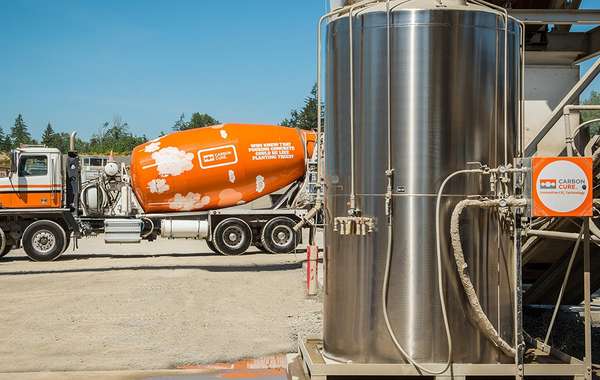
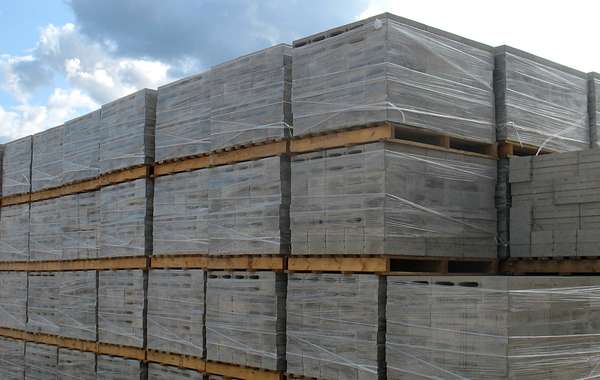
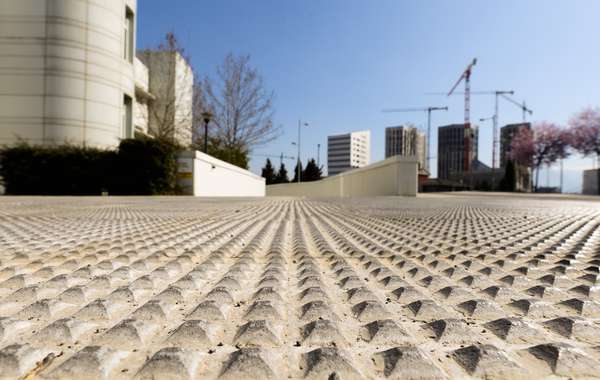
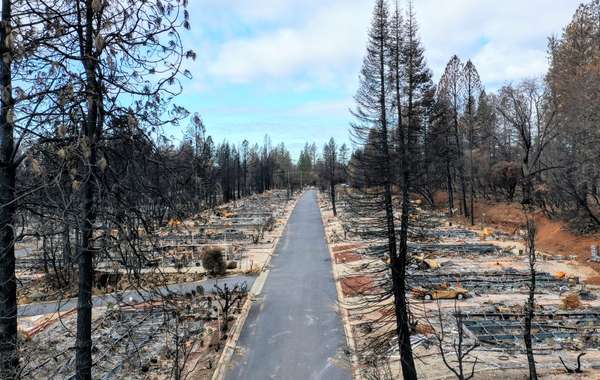

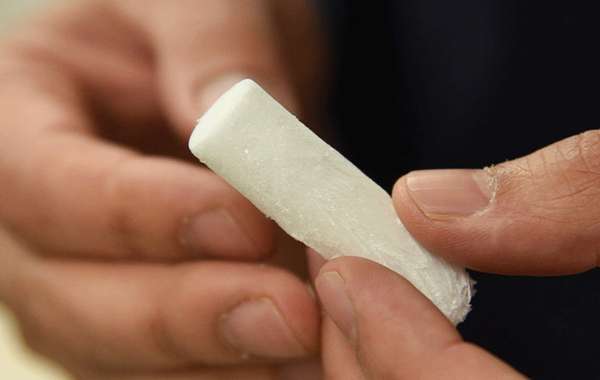
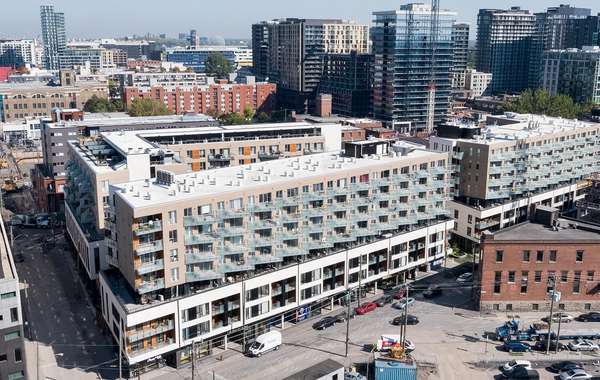

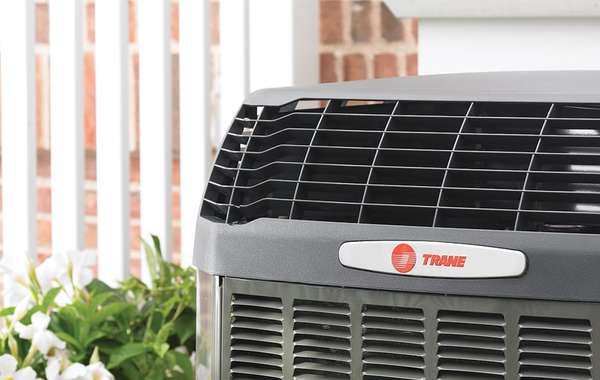

Comments (0)
Sign Up to Comment